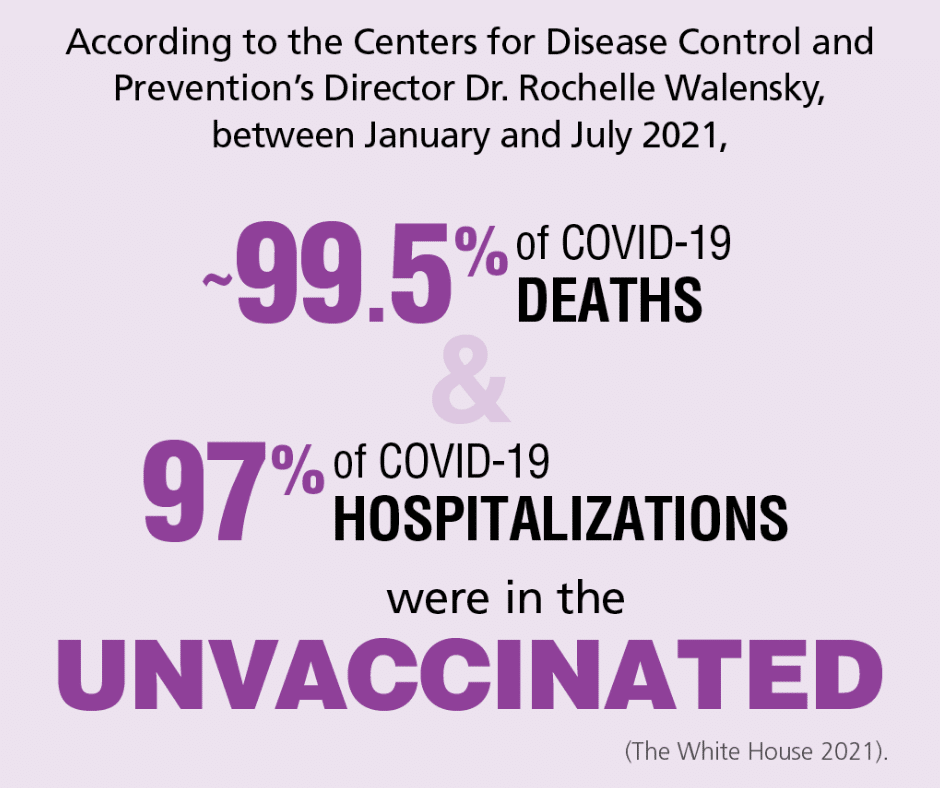
December 1 through 7 is National Influenza Vaccination Week. If you haven’t gotten your flu shot yet or need to convince others in your life why it’s so important to get the flu vaccination every year, Dr. Keipp Talbot, MD, MPH, Associate Professor of Medicine at Vanderbilt University, has you covered. Read our interview with Dr. Talbot below.
A common misconception of the flu vaccine is that it gives you the flu. Is this accurate?
The most common misconception about the influenza (flu) vaccine is that the “vaccine causes the flu.” This misconception likely stems from the timing of vaccine administration. Typically, influenza vaccines have been given in October during viral respiratory season. One well-done study gave a group of adults the influenza vaccine and another group a placebo. Interestingly both groups had the same amount of illness, proving that it was actually due to circulating colds and not the influenza vaccines. So, if you feel sick in the weeks after your influenza vaccine, it’s likely a cold. Also, the influenza vaccines that are routinely given to older adults are actually not the whole influenza virus. Influenza viruses are grown, then inactivated (killed) and then filtered for just parts of the influenza virus. These influenza virus parts are parts that the immune system recognizes so it learns how to prevent an infection. This means that the influenza vaccine can’t give you influenza.
Why is it important to get a flu vaccine every year?
The influenza virus changes every year, so a new vaccine is developed and required every year. To prevent an influenza infection, one must get a new vaccine every year.
Why do older adults especially need to get a flu vaccine?
Influenza is a serious infection, but unfortunately, we inaccurately use the word “flu” to describe just about every illness, such as the “stomach” flu and the common cold. Influenza is actually a severe illness that can lead to pneumonia, hospitalizations, heart attacks, stroke, and death, especially in adults over 65 years of age. Vaccination is the primary method to prevent these devastating and deadly consequences.
Even if someone has never gotten the flu, why should they get a flu vaccine?
No one knows when they might become ill with influenza, just like one does not know when one might have a motor vehicle accident. We wear seat belts to prevent injury or harm if we do have an accident. Similarly, we vaccinate people to limit the morbidity and mortality of infection if exposed to influenza.
Despite getting a flu shot, some people end up getting the flu anyways. Can you explain how/if this is possible?
Influenza vaccines are not perfect. Some years the influenza vaccine works great, but some years it does not. Each year the vaccine is developed by educated guesses as to which strains will be particularly active. Sometimes we guess the wrong strains when we make the vaccine. Unfortunately, we do not know this until after the influenza season. Even in years where our guess is off, the vaccine still works to not only prevent infections but to reduce the seriousness of the illness in those who do get influenza.
Is the flu vaccine a shot or are there other ways to administer the vaccine?
There are multiple different influenza vaccines. Children can receive a live-attenuated vaccine that is given in the nose. Adults typically receive influenza vaccines that are given as a shot and are not a live virus. Because older adults are at increased risk of complications from influenza, new influenza vaccines have been developed for adults. These vaccines include a high-dose vaccine, an adjuvanted vaccine, and a recombinant vaccine. The high-dose vaccine contains four times the dose of a normal vaccine. The adjuvanted vaccine is the same dose as a regular influenza vaccine but is designed to stimulate the immune system for a more protective response. The last new vaccine is the recombinant vaccine which is three times the dose of the regular vaccine. All three of these new influenza vaccines provide better protection in older adults. If one of these new vaccines is available to you, it can provide better protection. If none of these are available, it is still important to get a regular influenza vaccine.
Is there anything else that older adults should know about getting a flu shot?
Getting an influenza vaccine can help prevent influenza, but if you become ill, you should still see your healthcare provider. Also, the vaccines can be associated with some arm tenderness and tiredness, but this usually resolves quickly.
In addition to getting a flu shot, what are other steps older adults can take to prevent the flu?
Influenza vaccines are the primary way to prevent influenza. Additionally, handwashing can greatly reduce the risk of infection. Lastly, if exposed we do have medication to help prevent illness. You would need to see your healthcare provider for this medication.






